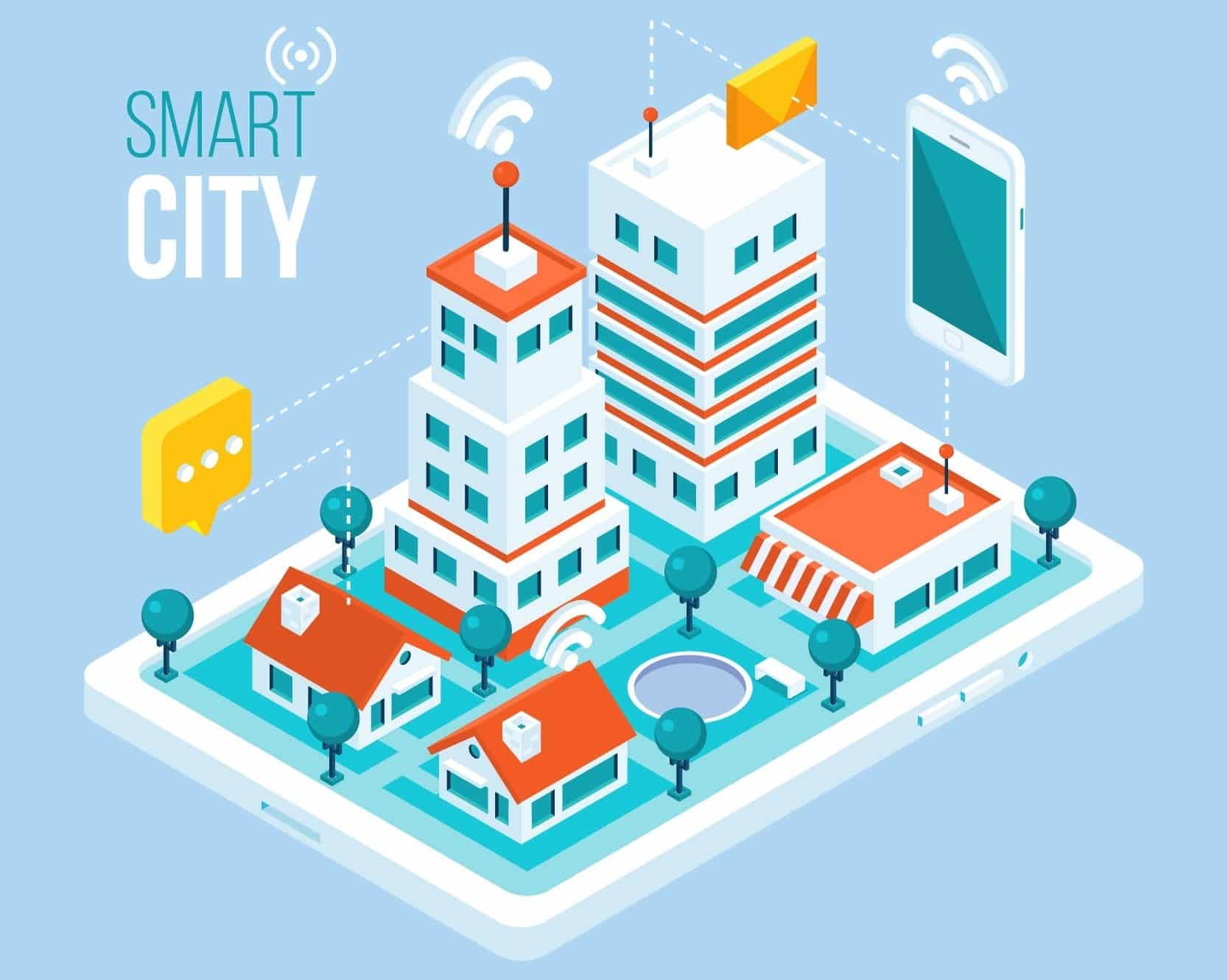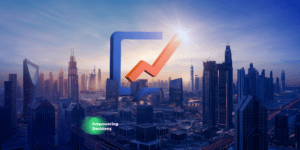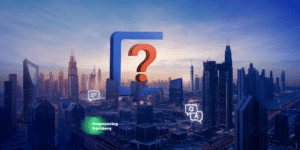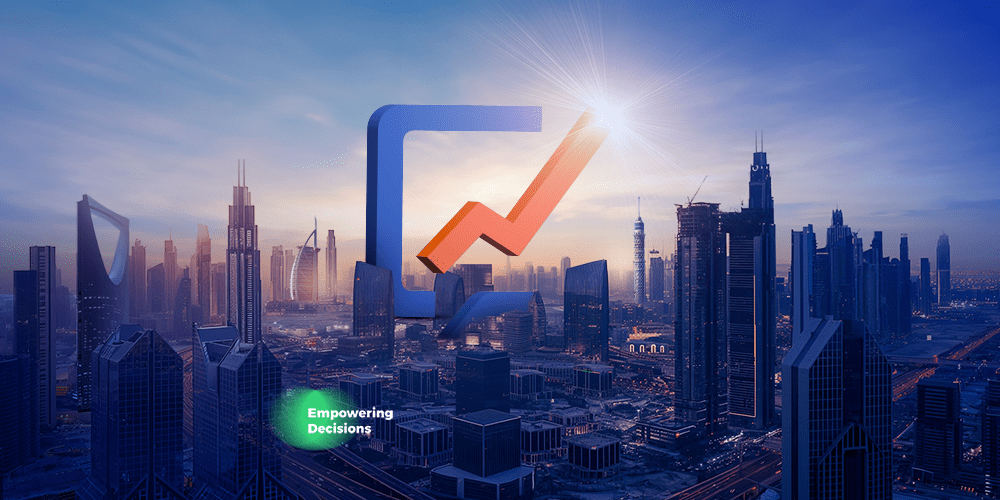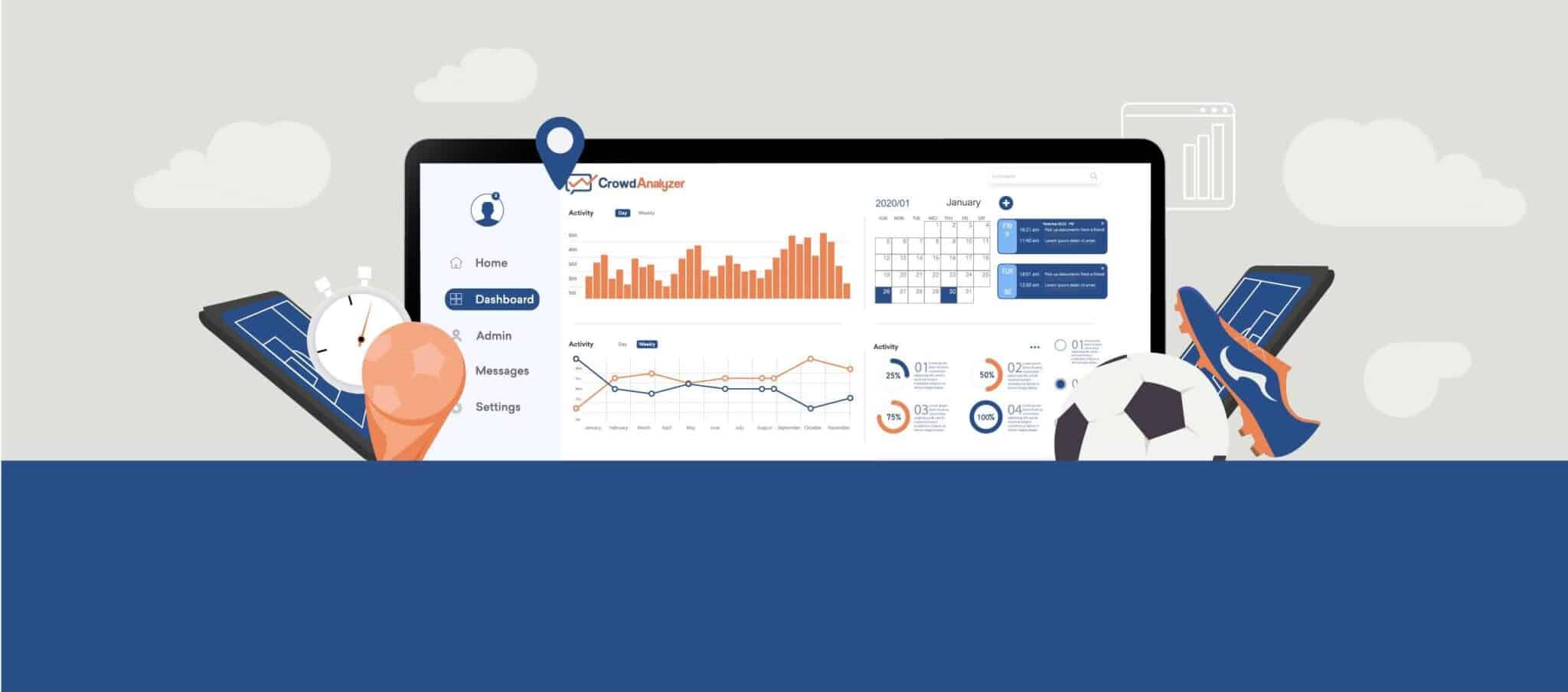Moving towards a digital world isn’t only about updating technologies, but also revolutionizing our lives into smarter and more connected ones. In other words, using creative smart design and digital technologies, cities are meant to implement new innovations to be more sustainable, with high-quality standards of living, and good-paid jobs for all citizens. Simply known today as Intelligent Cities.
Intelligent cities, as described by the Smart Cities Council, are using digital technology to improve livability, workability and sustainability. Livability is when cities offer clean and healthy life, by its digital infrastructure. This infrastructure makes them pollution-free and congestion-free, which sustains the services in cities for citizens everywhere at all times. Workability is when the well-established digital infrastructure offers decent high-quality jobs for all people. Sustainability is when intelligent cities provide services that last longer and don’t steal from generations of the future.
Finance and Intelligent Cities talks today at #GITEX2016 Vertical Days. Hear from the field experts https://t.co/CHNIya7ufc pic.twitter.com/SaFZobLlci
— GITEXTechnologyWeek (@GITEXTechWeek) October 18, 2016
As several cities are currently implementing this concept around the world, GITEX is covering it, as the theme of the year, in its Technology Week Event in 2016. During the event, GITEX aims to offer opportunities to innovative and intelligent city-thinkers, to share their knowledge, expertise and vision on the possibility and future of intelligent cities.
What makes Intelligent Cities so special?
- They are all about People. Intelligent cities aim to facilitate a better, smart, and more connected life for people. Therefore, they focus on people’s needs and adapt to the changes in these needs. So, building a smart city is not a mission. Nevertheless, it’s an evolving process, that continuously work on enhancing the life and governance of the community.
- Encourage Citizens to take an action. In intelligent cities, governments are not the only ones responsible for building the cities. However, governments encourage citizens and creatively stimulate them to take an action and participate in planning for and establishing their cities.
- Renewables and sustainable energy. Pollution and industries’ wrongful actions have caused severe environmental issues to the Earth. As a matter of fact, due to global warming, further increase in the globe’s temperature will end life forever. With that being said, one of the most fundamental principles of intelligent cities is to be built on and functioning through renewables. Using solar, thermal, hydro and wind power, all industries and technologies of intelligent cities are working to end their use of carbon fuel.
- Dynamic respond. Another unique feature of intelligent cities is the use of the Internet of Things (IOT) sensors to monitor various types of data. IOT sensors are basically technologies that facilitates communication between machines. In other words, things-to-things or machine-to-machine communications. How that helps intelligent cities? It makes them consume less power, by adjusting heating, air-conditioning and lightening, depending on the existence or availability of people inside a room. In addition, they help building more connections within the city. This eases the process of collecting data to make informed decisions about the future of the city.
#SmartCities Readiness Guide is now a web-based resource: 200+ case studies, ideas, best practices. https://t.co/huzS89VEO4
— Smart Cities Council (@smartccouncil) March 9, 2016
Smart Cities in the Middle East
Some countries in the Middle East, especially in the Gulf area, has already started planning and building smart cities. In fact, they are playing a significant role in the development of smart cities globally (Navigate Research). Nevertheless, Dubai is still leading the market in the region and setting standards for how smart cities should be. For its vision and execution of the “Smart Dubai” initiative of 2014, Dubai aims to be the smartest city in the world by 2017. Through collaboration between public and private sectors, Dubai is using Information and Communication Technology (ICT) to achieve six goals: smart society, smart environment, smart government, smart transportation, smart economy and smart life.
Happiness is the meter by which they determine the success of their efforts. As a matter of fact, they have built initiatives to support their mission to become the smartest city, which also meant to be the happiest. To begin with, they have the “Happiness Meter,” which asks for citizens’ feedback on every service they use. In addition, there is the “Dubai Data” initiative which allows the data sharing of the city across both private and public sectors. It is the most comprehensive city-wide data initiative in the world, according to their website, which aims to generate the most value from the collected data. Then, there is the “Smart Dubai Platform,” which facilitates the exchange of data and information to engage individuals, and both private and public sectors, in creating opportunities to enhance Dubai’s smart future.
Intelligent Cities in the World of Today
The world today is facing several severe social, environmental and economic problems. Fortunately, several cities have started to adopt the “intelligent city” style. They aim to transform the lives of their citizens into higher-quality, more sustainable, connected and smart ones. Starting with New York, London and Paris, there are tens of other intelligent cities around the world, which reflects the growing achievements in reaching the dream of smart living. Not to forget that there are also smart cities being built in the Middle East, starting with Dubai, Abu Dhabi, Doha and others. To sum up, it’s only a matter of time, as within few years, intelligent cities will spread globally, announcing the beginning of a new smart human life.
Featured image designed by: Freepik
